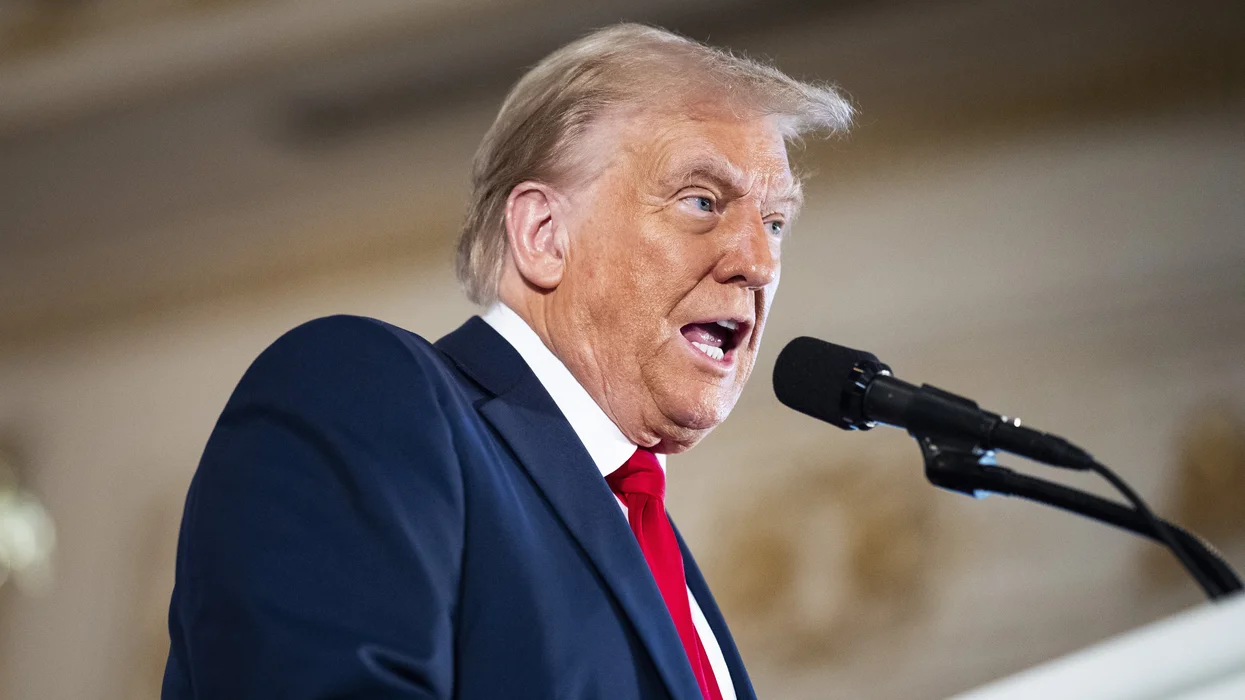A federal judge in Massachusetts has temporarily halted the Trump administration from deporting individuals to third countries.
On Friday, U.S. District Court Judge Brian Murphy issued a temporary restraining order that mandates the government to provide written notice and an opportunity for detainees to apply for protection before being deported to a third country.
Aaron Reichlin-Melnick, a policy expert, shared the ruling on social media, summarizing its impact:
“NEW: A federal judge in Massachusetts has granted a temporary restraining order barring the Trump administration from deporting any person to a country they are not a national of (so-called ‘third country removals’) without written notice and an opportunity to apply for protection from that country.”
This decision represents a significant legal setback for the Trump administration’s immigration policies, particularly its controversial agreement with El Salvador.
The ruling also highlights concerns over previous instances in which the U.S. government deported immigrants to nations where they had no ties—often without warning or an opportunity to challenge their removal in court.

Donald Trump
Impact on Deportation Policies
If the administration complies with the ruling, it will at least slow the pace of mass deportations, which have increasingly included legal immigrants who lost their visa status.
The government has also been accused of deporting individuals to El Salvador based on questionable justifications, such as claiming that tattoos indicate gang affiliation.
For example, a clerical error resulted in a Venezuelan national being wrongly deported to El Salvador. In another instance, an individual was removed simply for having a tattoo of a soccer ball, which authorities alleged had gang-related implications. With the court’s intervention, such cases will now face delays as legal challenges proceed.
Political and Legal Implications
For the time being, officials aligned with the Trump administration, such as Kristi Noem, will not be able to use El Salvador as a backdrop for promoting immigration crackdowns.
The ruling raises broader questions about the legal standing of the administration’s immigration policies, suggesting that a more comprehensive and permanent judicial rebuke could be forthcoming.
